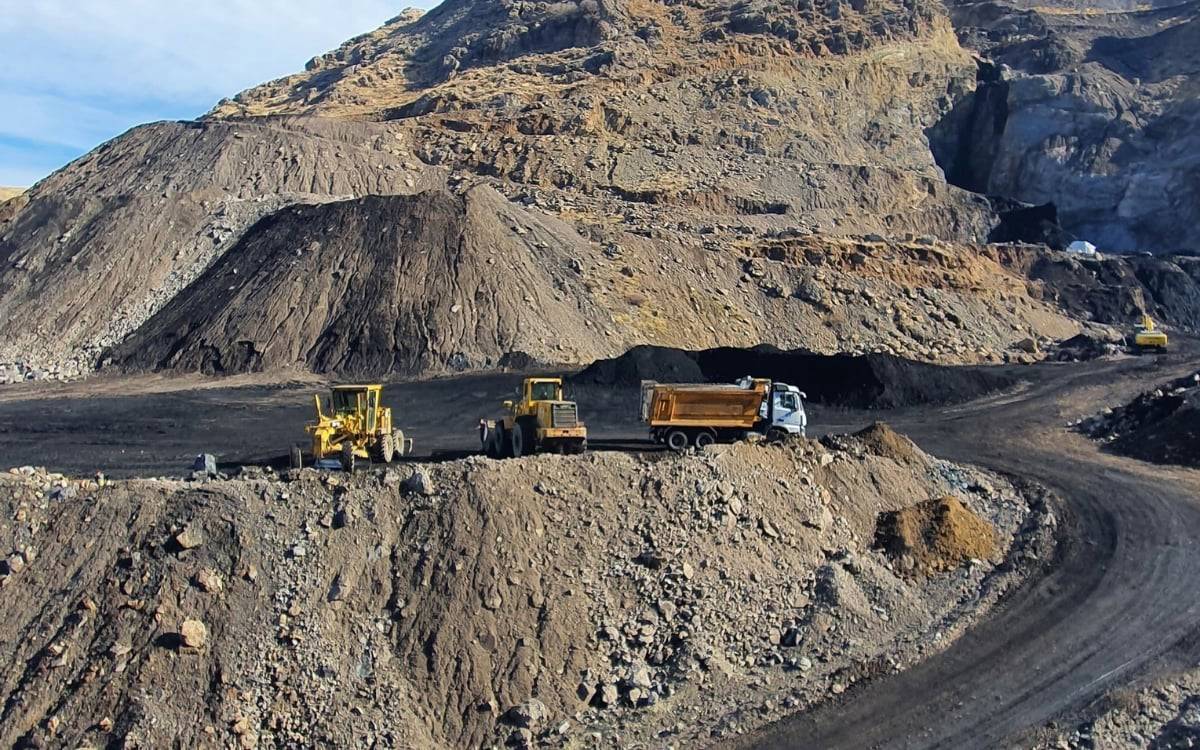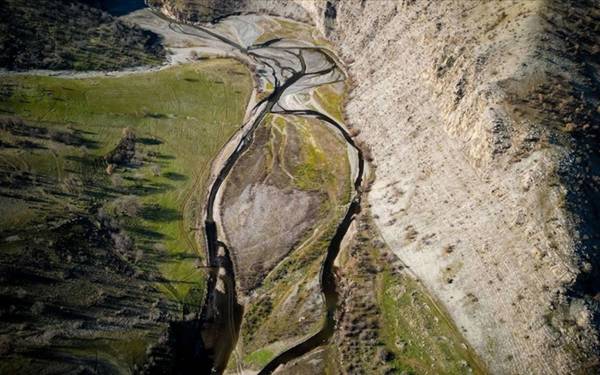Expanding mining and oil drilling operations in Turkey's Cudi and Gabar mountains are contributing to escalating environmental degradation, according to a report from Mezopotamia Agency (MA). The daily use of explosives for these activities is flattening mountaintops, destroying ecosystems, and threatening endangered species.
Large quantities of dynamite are used each day, resulting in significant damage to both land and water sources. Explosions have polluted underground water reserves, felled trees, and endangered local wildlife, particularly wild goats that rely on these mountains as a habitat.
Designated 'special security zones'
Mining has split parts of the mountain, with coal extracted by heavy machinery and transported to the village of Avga Masiya in Şırnak. Much of the area has been frequently designated a “special security zone” since the 1990s due to the conflict between the army and Kurdish militias, restricting general access and leaving the land open primarily to mining companies.
Nearby, in the Gabar Mountains, the state-owned Turkish Petroleum Corporation (TPAO) has ramped up oil exploration efforts over the past two years, contributing to the environmental impact. TPAO's activities have included extensive deforestation to clear paths for roads and the construction of drilling towers, further shrinking habitats for wild goats and other wildlife.
Additionally, within the last month, two separate fires have broken out on Gabar Mountain, reportedly linked to the collaboration between soldiers, village guards, and oil companies conducting operations in the area.
Cudi Mountain's mining areas were transferred to businessperson Süleyman Bölünmez, affiliated with the ruling Justice and Development Party (AKP), while Gabar Mountain became the site of extensive oil exploration by TPAO and its subsidiaries. Environmental destruction began in 2020 with numerous wildfires, followed by extensive deforestation.
Local residents attempting to respond to these fires have reportedly been turned away on security grounds, while deforestation continued. According to 2022 data from the Urfa Regional Forestry Directorate, 7% of Şırnak’s forests were destroyed within seven months, with recent estimates suggesting that over 10% of the region’s forests have now been lost.
In the past few days, tree-cutting has accelerated in Şırnak’s Uludere (Qileban) and Beytüşşebap (Elkê) districts, reportedly under military supervision. (VK)







